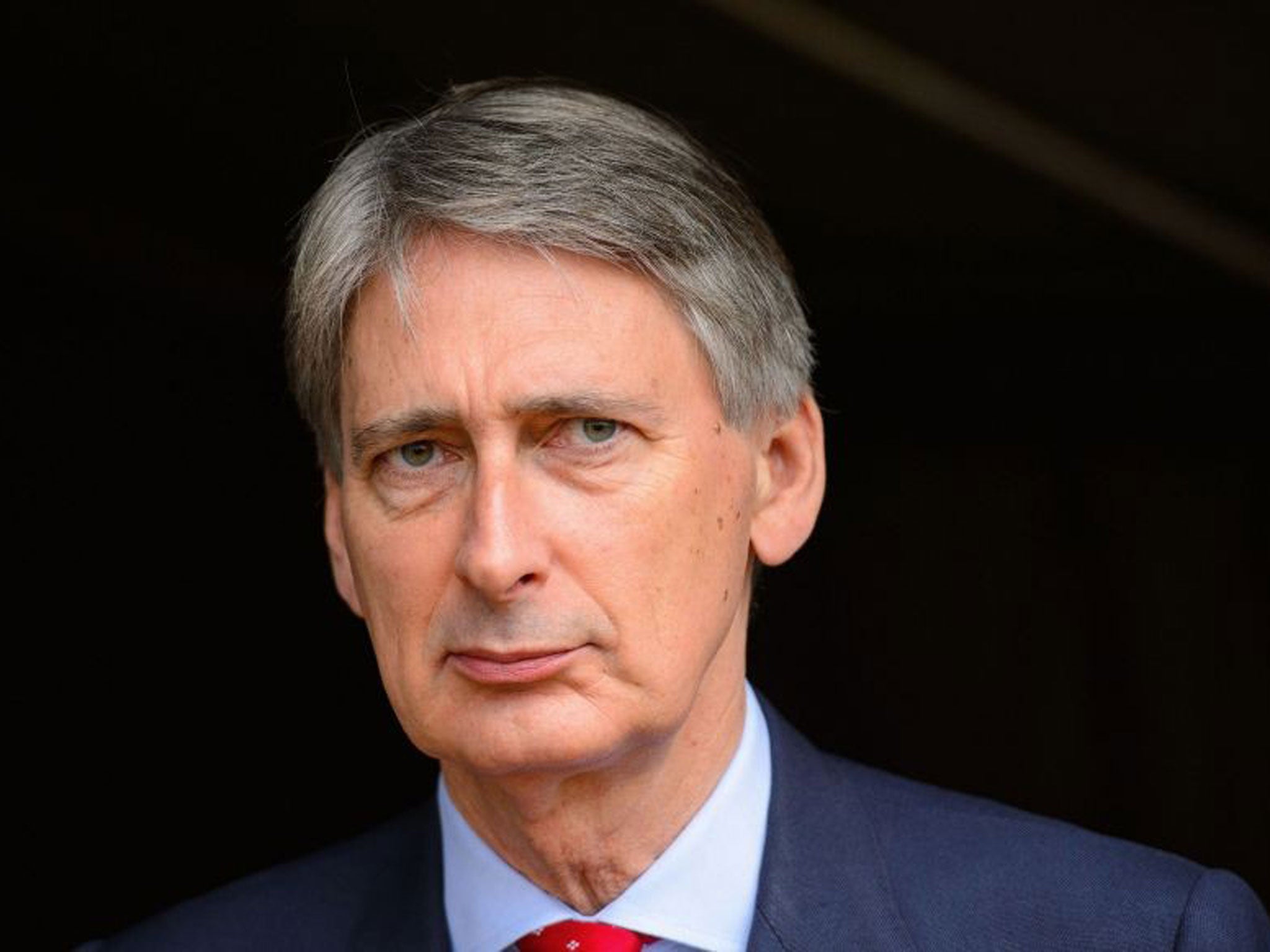MPs move to vet candidates for top jobs
Select committees seek wider scrutiny of applicants for leading public-sector roles and less government influence

Parliament has asserted its authority over the Government by moving towards a US system of scrutinising public appointments, allowing MPs to demand pre-selection hearings for any senior hiring.
Chairs of select committees have made a breakthrough in their attempts to secure greater powers over the selection of heads of departmental agencies, regulators and quangos.
Ministers have long resisted these moves, but the Defence Secretary, Philip Hammond, has been cornered into setting a precedent that could limit the Government's autonomy over who they choose for top public sector jobs.
At present, only a handful of positions, such as the chair of the Environment Agency and the pensions ombudsman, are subject to pre-appointment hearings as a matter of course. Select committees have only been allowed to hold public sessions with those selected for posts not on this limited list with the prior consent of ministers.
However, MPs argue that this ministerial discretion could be abused to protect controversial appointees, which the US guards against through Senate confirmation sessions. They say that government resistance also misjudges the public mood, which wants politicians held accountable for their decisions in the wake of the expenses scandal.
The Defence Committee's chairman James Arbuthnot ambushed the Secretary of State Philip Hammond at a public grilling last month, demanding a hearing with his choice for the first chief executive of the reformed Defence Equipment and Support agency. Bernard Gray, who takes up the post in April, will be quizzed by the committee early next month, believed to be the first time a pre-selection hearing has been held by demand rather than agreement.
"The Defence Committee simply decided beforehand that we were going to tell them we're having a hearing," said Mr Arbuthnot.
"It ought not be for the Government to decide [who is subject to pre-appointment hearings]."
The Liberal Democrat MP Sir Alan Beith, who has been calling for MPs to have the power to veto certain public appointments as chair of the Liaison Committee, which brings together select committee leaders, said: "This is a helpful marker that has been put down by the defence committee. There has been disagreement between the Liaison Committee and the Government over this issue, but these hearings are particularly needed when there could be questions over whether the person has been chosen for the role on a proper basis."
Sir Alan, who is also chairman of the Justice Committee, added that the Government has also fought attempts to add more weighty public roles to the list of appointments that are automatically subject to scrutiny. He had wanted the chair of the Youth Justice Board on this list, a role that Lord McNally will fill from March only three months after leaving the Government.
* The Ministry of Defence will come under fire for the poor quality of its book-keeping in a select committee report released on Tuesday. The MoD's figures have been "qualified" (approved but with doubts) for four years running, with concerns over the information used to value military kit.
Subscribe to Independent Premium to bookmark this article
Want to bookmark your favourite articles and stories to read or reference later? Start your Independent Premium subscription today.

Join our commenting forum
Join thought-provoking conversations, follow other Independent readers and see their replies